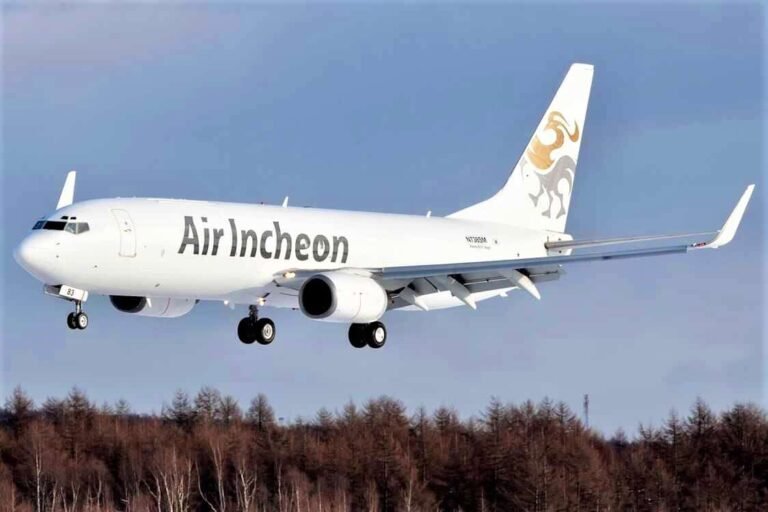Hyundai Glovis, the logistics arm of the Hyundai Motor Group, recently confirmed its acquisition of a significant stake in Asiana Cargo, the airfreight division of Asiana Airlines.
This historical moment for both companies has the power to accelerate Hyundai Glovis’ expansion and enhance Asiana Cargo’s operational capabilities.
Enhanced competitiveness
Hyundai Glovis has committed to investing W150 billion (US$110 million) to acquire a 34.9 percent stake in ‘Socious No. 5 Private Equity Investment Company’ (PEF). This fund is the financial vehicle behind the Air Incheon consortium, which was pivotal in the acquisition of the cargo division of Asiana Airlines. Inhwa Industrial will be the largest investor.
This investment is expected to bolster Hyundai Glovis’ competitive edge in the aviation logistics business, moving it away from its traditional focus on global logistics and ocean shipping services and reinforcing its position in the domestic market and on the global stage.
A natural progression
For Hyundai Glovis, the decision to invest in Asiana’s cargo business through the Air Incheon consortium represents an obvious step in its diversification strategy. The company has been steadily building its air cargo operations, with an air export/import volume of 64,468 tonnes as of the latest reports. I
n 2022, Hyundai Glovis signed an agreement to build and operate a logistics centre at Incheon International Airport, which is set to be completed next year. This facility will likely serve as a crucial hub for the expanded air cargo operations resulting from the Asiana acquisition.
The broader context
Air Incheon, a specialised air cargo carrier based in South Korea, was named the preferred bidder for Asiana Airlines’ cargo business by Korean Air in June 2024. This decision came as part of Korean Air’s broader strategy to secure regulatory approval for its acquisition of Asiana Airlines, a process that has been under scrutiny by the European Commission and other regulatory bodies since 2020.
The sale of Asiana’s cargo business, estimated to be valued between US$219 million and US$364 million, is a critical element of Korean Air’s plan to merge with Asiana. By divesting this segment, Korean Air aims to address antitrust concerns and facilitate the regulatory approvals necessary for the merger.
For Air Incheon, acquiring Asiana’s cargo division would be a transformative move, significantly expanding its operational scale and market reach. The airline, which primarily operates within the Asia-Pacific region, would gain access to a broader customer base and enhanced cargo handling capabilities.



